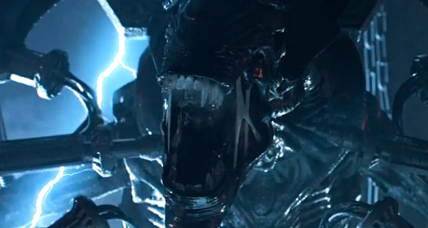Ridley Scott Explains How Joaquin Phoenix’s Commodus Is Not The Villain In ‘Gladiator,’ Describes Him As “Most Sympathetic Character”
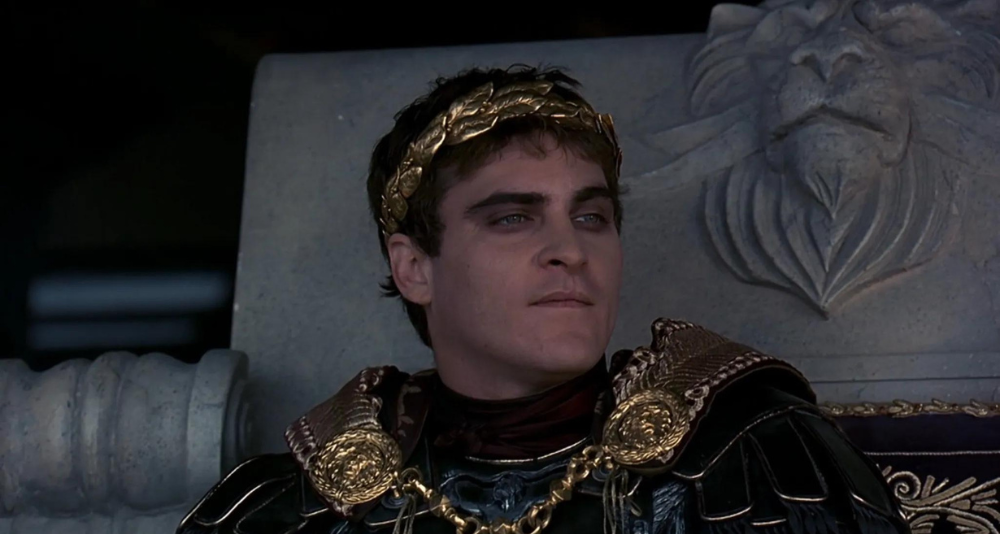
Napoleon director Ridley Scott recently explained why he believes Joaquin Phoenix’s Commodus is not the villain of Gladiator, but is rather a victim similar to Russel Crowe’s Maximus.
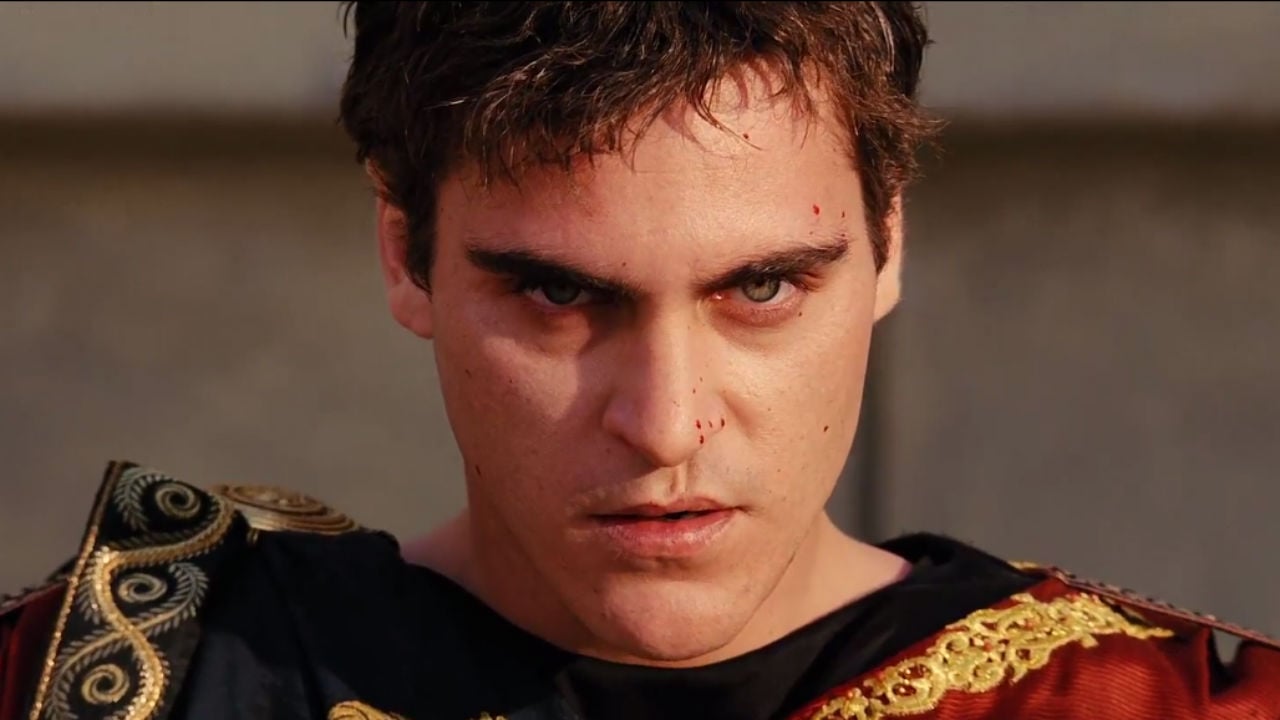
In an interview with Deadline, Scott was asked, “Joaquin [Phoenix] played your villain in Gladiator, and then he went on to win an Oscar playing Joker. What made you see him as your Napoleon?”
Scott responded, “I’m going to correct you. I saw him as the most sympathetic character of all, in Gladiator. He was a product of neglect, total neglect of a father that he adored. I’m going to correct you. I saw him as the most sympathetic character of all, in Gladiator. He was a product of neglect, total neglect of a father that he adored.”
“And then the father realizes in his old age that he needs some form of absolute. So he does something fatal. He kneels before the boy asking for forgiveness. That was fatal because the boy has never seen his father ask for that kind of close discussion. So he suffocates him,” Scott explained.
He then shared, “So from that moment on, I thought Joaquin was the most sympathetic person during the movie. What he did and what followed, what came out of it, the nature of it had been created by his father.”

Scott then elaborated, “Marcus Aurelius could not have taken Europe through a benevolence. It’s going to be war and steel, and many deaths and devastation. You can’t control commanders who are over the hill and far away, and say, do not slaughter these women and kids. None of what happened was benevolent, right?”
“But I think with age Marcus Aurelius felt his own fragility,” he opined. “Commodus was the neglected son, the product of complete neglect. And then to be told, you can’t follow me, and here is who will take my place? That is more than a slap in the head. It’s terrible. And in those days, particularly when succession was so righteous and expected…”
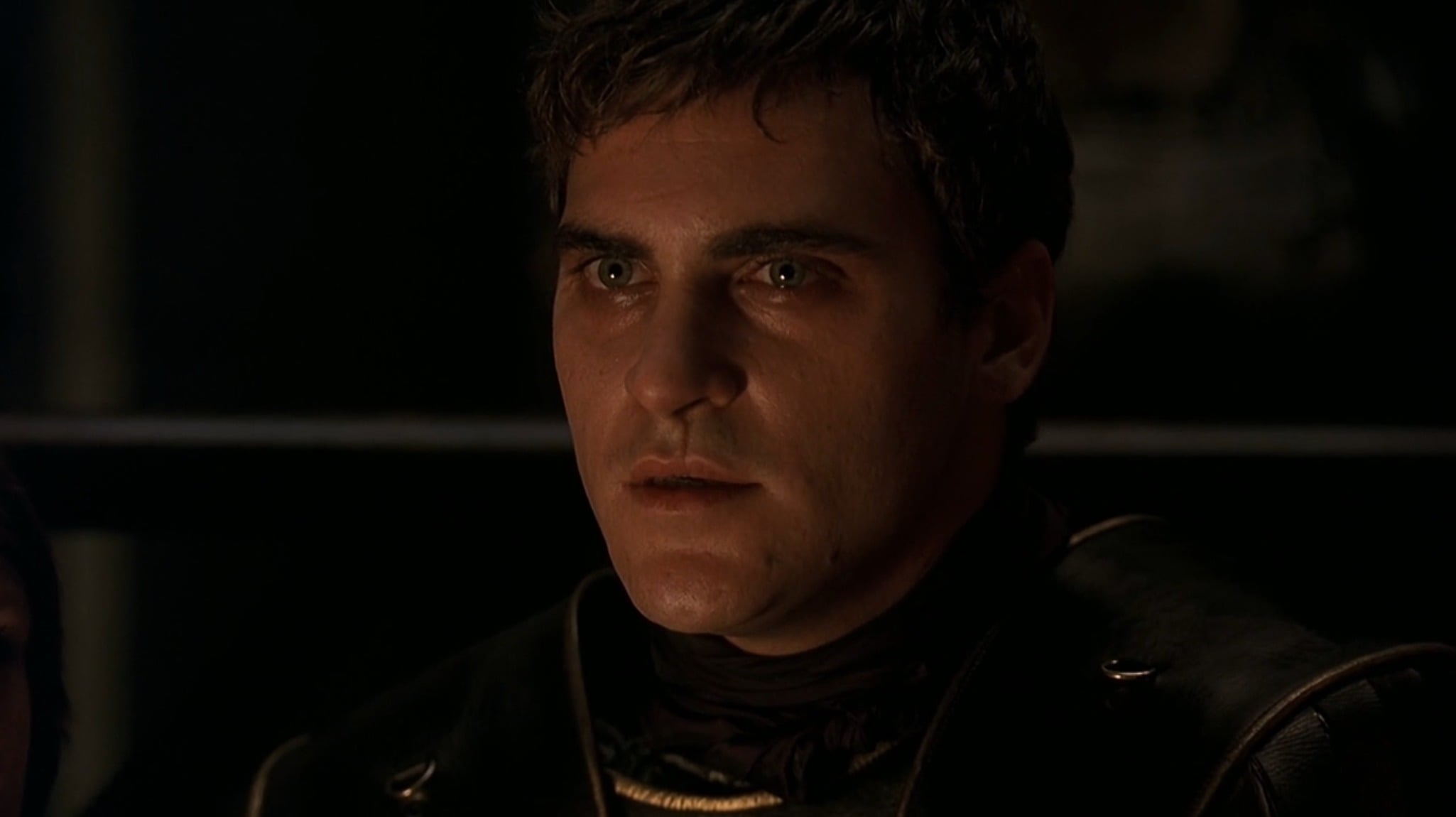
Scott then confirmed that he believes that both Commodus and Maximus are victims, “Yes. Maximus and Commodus. Don’t forget, Maximus is the person who didn’t want it. He wanted to go home. Interesting how things evolve when Marcus Aurelius first meets him, he said, ‘I want you to be ticked, take over, or to be the prince of Rome, surrogate principal Rome.’ ‘I can’t do that.’ ‘Why not?’ ‘Because my home, my wife, our kid.’ ‘Tell me about your home.’ So then he start[s] telling him about it, and what he’s actually talking about is heaven. That’s where he wants to be. And so it all worked backwards and some of it wasn’t planned. Marcus says, it sounds like a place worth fighting for.”
“And then Marcus is that day assassinated by his son. Then Russell’s character is suddenly told that this has happened and he’s not going to join the club and he knows there’s a problem. His wife and son are then slaughtered and we see where they’re in that avenue of trees where they are coming up to get rid of them. When Russell dies and goes to heaven, we go see the same woman and child; it’s the place he described to Marcus,” Scott said.
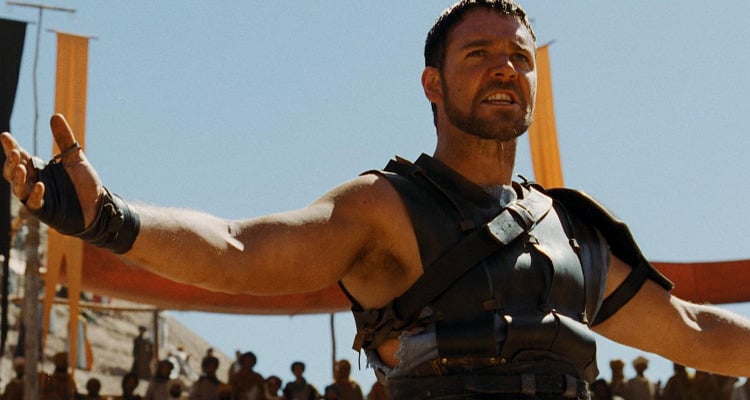
Scott’s comments are a load of crap. As individuals we are given free will and are responsible for our own actions.
The Catechism of the Catholic Church explains, “Freedom is the power, rooted in reason and will, to act or not to act, to do this or that, and so to perform deliberate actions on one’s own responsibility.”
It adds, “Freedom makes man responsible for his acts to the extent that they are voluntary.
The Catechism also notes, “Imputability and responsibility for an action can be diminished or even nullified by ignorance, inadvertence, duress, fear, habit, inordinate attachments, and other psychological or social factors.”
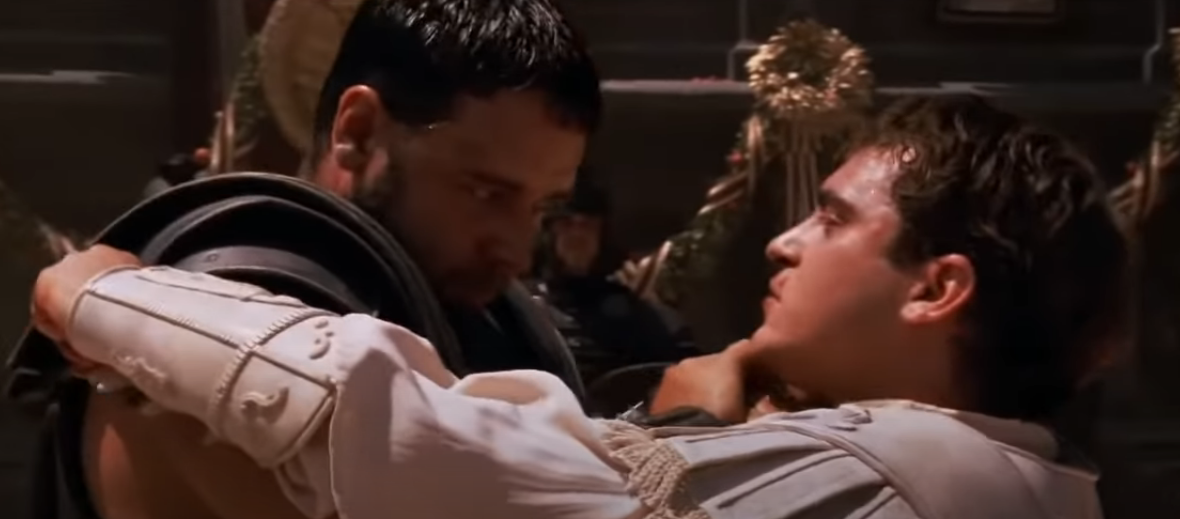
Commodus chose to murder Marcus Aurelius. He chose to have Maximus’ family murdered. He chose to attempt to murder Maximus. He chose to take his sister as his consort empress.
He is responsible for his own actions. His father is not responsible for the vile behavior of his son. Aurelius is responsible for his own actions, clearly not being a better father to his son, being one of them.
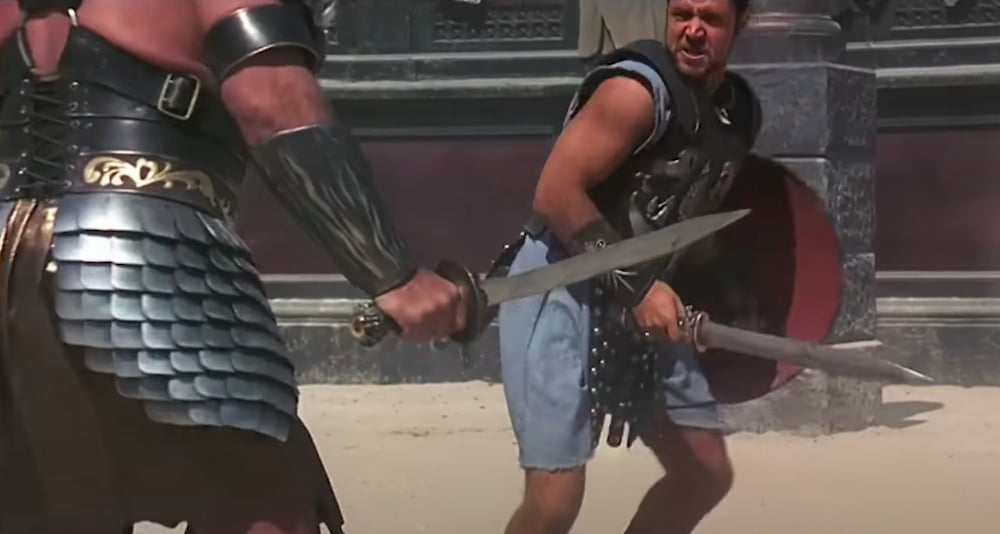
What do you make of Ridley Scott’s explanation that Commodus is a victim of his father and is a sympathetic character?
More About:Movies

